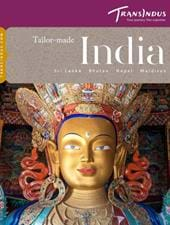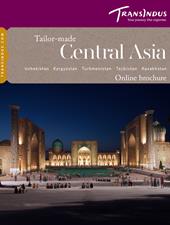The ancient Harrapan era city of Dholavira in Gujarat, India dates back to the Indus Valley civilisation, the oldest known civilisation. Located on an island in the Rann of Kutch Lake, 5 hours northeast of Bhuj has just been announced as the latest in a long list of 40 UNESCO World Heritage sites of India.
This is one of the most remarkable and well-preserved urban settlements in South Asia and dates back to the 3rd millennium BC. Discovered in 1968, the site is set apart by its unique characteristics, such as its water management system, multi-layered defensive mechanisms, extensive use of stone in construction and special burial structures. Of note is also the art associated with the city – artefacts of various kinds such as copper, shell, stone, jewellery of semi-precious stones, terracotta, gold, and ivory have been found at the site. In addition, the interregional trade links associated with Dholavira, have also been acknowledged as contributing to the shared heritage of humanity.









